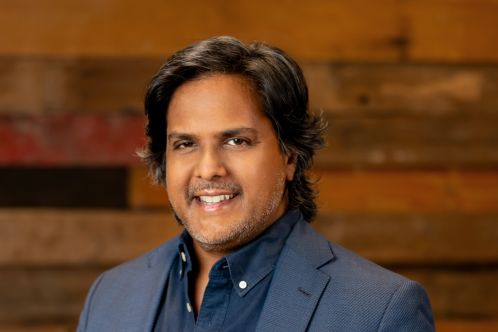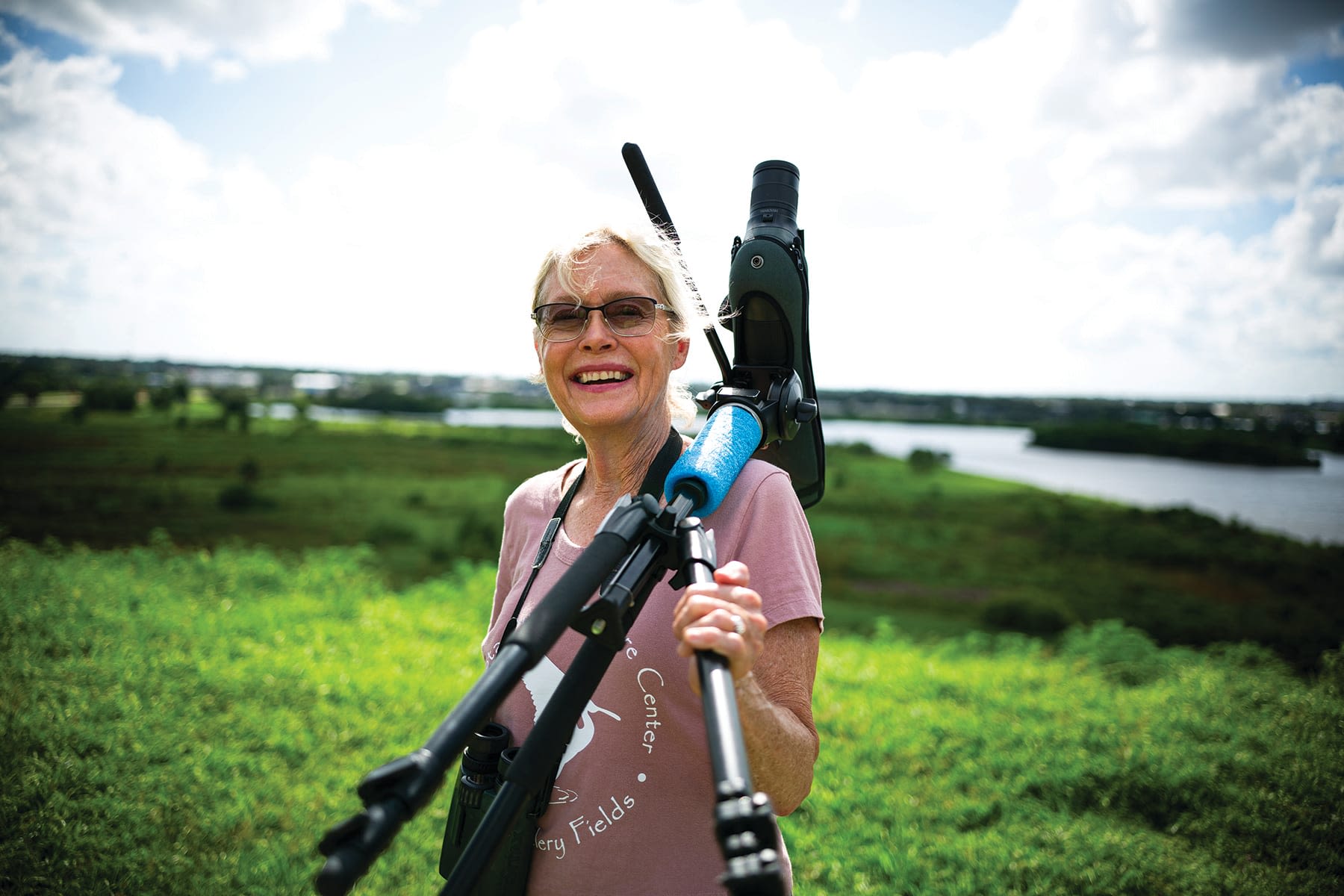A New Co-op Takes the Guesswork Out of Going Solar

A new county-wide solar energy co-op increases buying power, educates and takes the guesswork out of going solar.
Image: Courtesy Photo
Sarasota County government, the Gulf Coast Community Foundation and the nonprofit Solar United Neighbors (SUN) have just launched a local solar co-op. Now homeowners, nonprofits and small businesses in Charlotte or Sarasota can join for free for the next several months to save on the cost and confusion of going solar.
Not only do members benefit from the monthly savings—plus the environmental and economic impact of going solar—but the panels have also proved to add protection to roofs in the event of hurricanes. After all, “it’s a series of racking and rails that add a secure, extra layer to the roof," says Julia Herbst, a Gulf Coast program coordinator with SUN. "After Hurricane Ian, we saw how it was a real testament to [the panels'] durability.”
The co-op is “a fine-tuned process that we’ve been doing in Florida since 2016,” she says. It’s free to join, and there’s no obligation to purchase anything.
Once 30 solar-curious members sign up, SUN releases a request for proposals on behalf of the co-op to kick off a bidding process from different solar companies.
A committee of co-op members then meets to assess the pros and cons and select the best installer for the group after comparing information like warranties, experience and reviews. The group can go up to 200 members. As of now, Sarasota County has 19 members, with four months remaining to sign on.
If you’re still in the solar-curious phase, the SUN website has loads of easy-to-digest webinars and organizes in-person meetings to educate potential members. "It's a 25- to 30-year investment so you want to be informed," Herbst says. "SUN are experts, but we're not selling a product."
The expert help doesn’t disappear after installation. SUN members are still there to answer questions and offer support, from reading your new electric bill to filling you in on how it affects the home’s resale value.
The cost, often the No. 1 question about going solar, depends on how much energy your household consumes. Do you have a pool pump? How much AC do you use? Do you charge electric vehicles? The range can be anywhere from $18,000 to $50,000, but SUN also helps with financing. “We see most people pay off their systems in eight to 10 years,” Herbst says. You can also get a smaller installation to simply lower your energy use, and a 30 percent federal tax credit is also available, even for nonprofits that don't pay taxes. SUN says it can help navigate that part, too.
It also provides free roof reviews and tackles existing energy leaks with insulation, updated lighting and more. "That way, when you're ready to go solar, you can get a smaller unit," Herbst says.
Jack Merriam, 77, and Carmen Merriam, 68, in Sarasota, went big with their solar installation, adding a battery to collect and store the extra power the panels on their 3,100 square foot home generate. In all, the couple spent roughly $50,000 but saved considerably thanks to the co-op. Jack learned of it as a member of Florida Veterans for Common Sense, which views climate change as a threat to national security and has partnered with the co-op.
“It cost about $3.50 per watt if we bought a solar system on our own," Jack says. "The co-op's pricing came in at $1.94 [per watt], and we put in a substantial system, so we saved about $18,000. The savings helped us buy the battery so that if the grid goes down, it switches to the battery backup. It saved us when Hurricane Ian came through and took out the power." It also charges their electric car.
Now, the couple spends roughly $100 a month, "depending on how hard we’re running the AC," Carmen says. And at times, they make more power than they use, producing credit when they sell it back to the power company.
As for the learning curve they say often gets in the way of people signing up for solar. “It's pretty idiot-proof,” Jack says. As far as what you need to know, it's minimal. The couple uses a phone app to track everything.
"A lot of people think going solar is a boutique product for the wealthy,” says Herbst, “but that’s just not the case."
For information on the Charlotte and Sarasota County solar co-op, webinars and events, click here, or email questions to [email protected].



